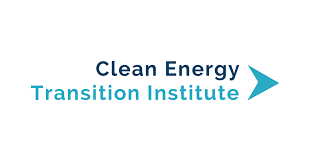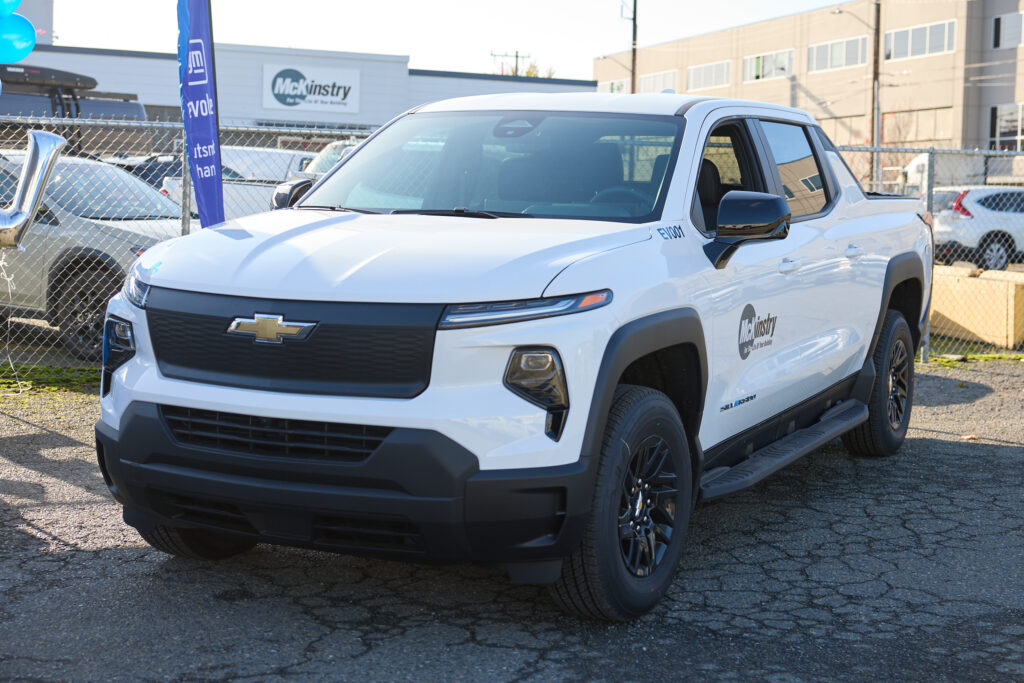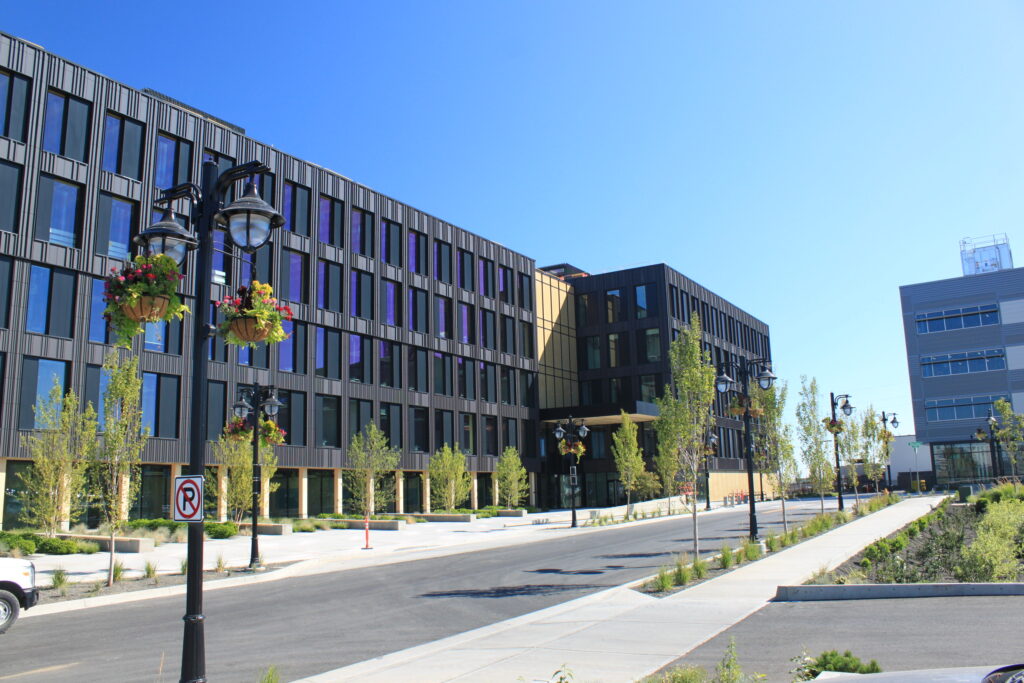- 2023 Social Impact Report
- Carbon and Climate
Carbon and Climate
McKinstry takes action to address the climate crisis at different levels: through our operations, our work with clients and our impact on local communities. Only with these combined efforts can we achieve a thriving zero-carbon future.
Progress Toward Decarbonized Operations
To evaluate progress towards our carbon and climate commitment — halving our emissions by 2025 and achieving net-zero emissions by 2030 — we take an inventory of our annual emissions each year. In our most recent accounting for 2023, emissions declined 2% compared to the prior year and down 20% below our 2019 base year. Emissions are also 35% lower than what they would be assuming our base year emission intensity thanks to facility efficiency upgrades, shifts in our project mix and new ways of working. We expect additional emissions reductions in the coming years as we continue to electrify our fleet, procure renewable energy for our operations and decarbonize our facilities.
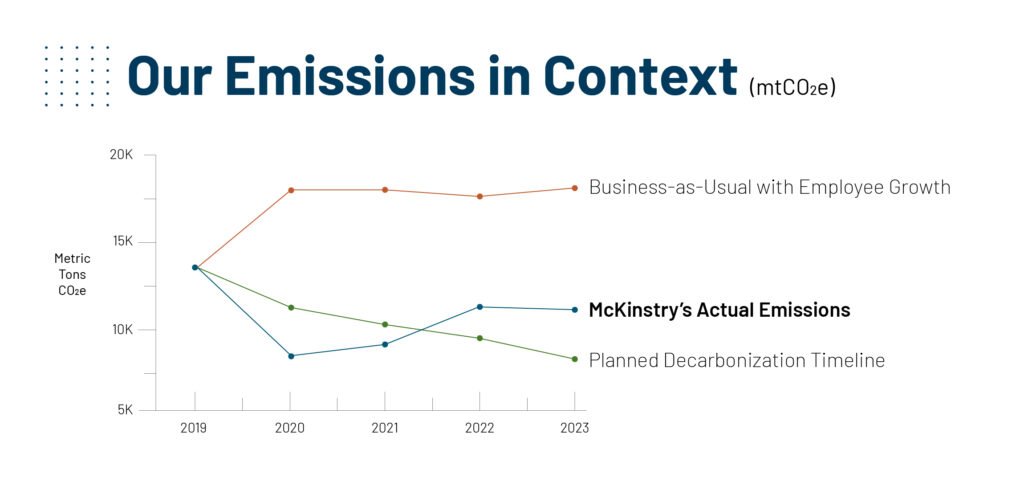
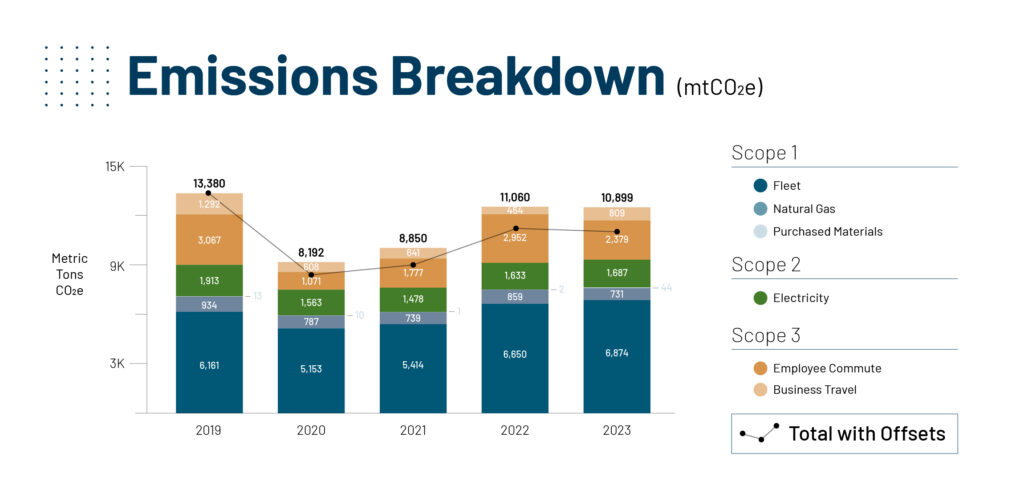
Decarbonizing with Clients Nationwide
McKinstry partners with our clients to create innovative and cost-effective ways of building a zero-carbon future.
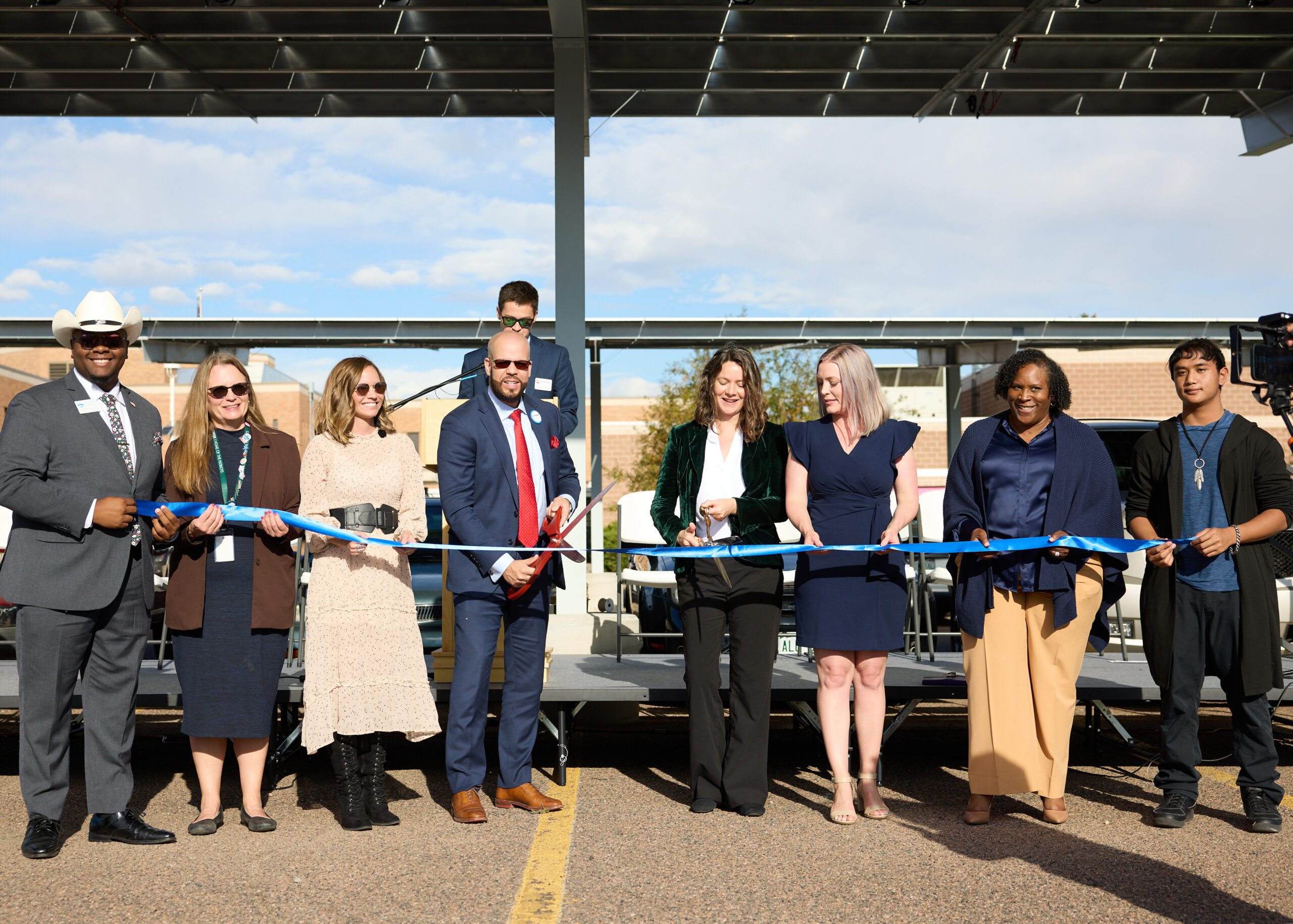
Our Solar Gardens Grow Benefits for Denver Communities
In October, we celebrated completion of a solar garden at Northeast Early College High School, the third of 12 solar installations in our ongoing partnership with the City and County of Denver’s Office of Climate Action, Sustainability and Resiliency. These solar gardens power buildings with 100% renewable energy, direct renewable energy (and financial relief) to low-income families and provide shade and cooling. Solar workforce training programs that advance underserved community members round out this visionary partnership.

Delivering Sustainable, Healthy Schools for Students in Salt Lake City
We’re helping the Salt Lake City School District deliver on its student-initiated plan to transform schools into healthy, sustainable environments. In fall 2023, we completed nearly 1 MW of solar on six schools, LED lighting and low-flow water fixture installation, and the full electrification of one elementary school (and partial of another). The completed project will yield a 30% reduction in carbon emissions, $1.3 million in utility costs savings and a water consumption reduction of 11 million gallons annually.
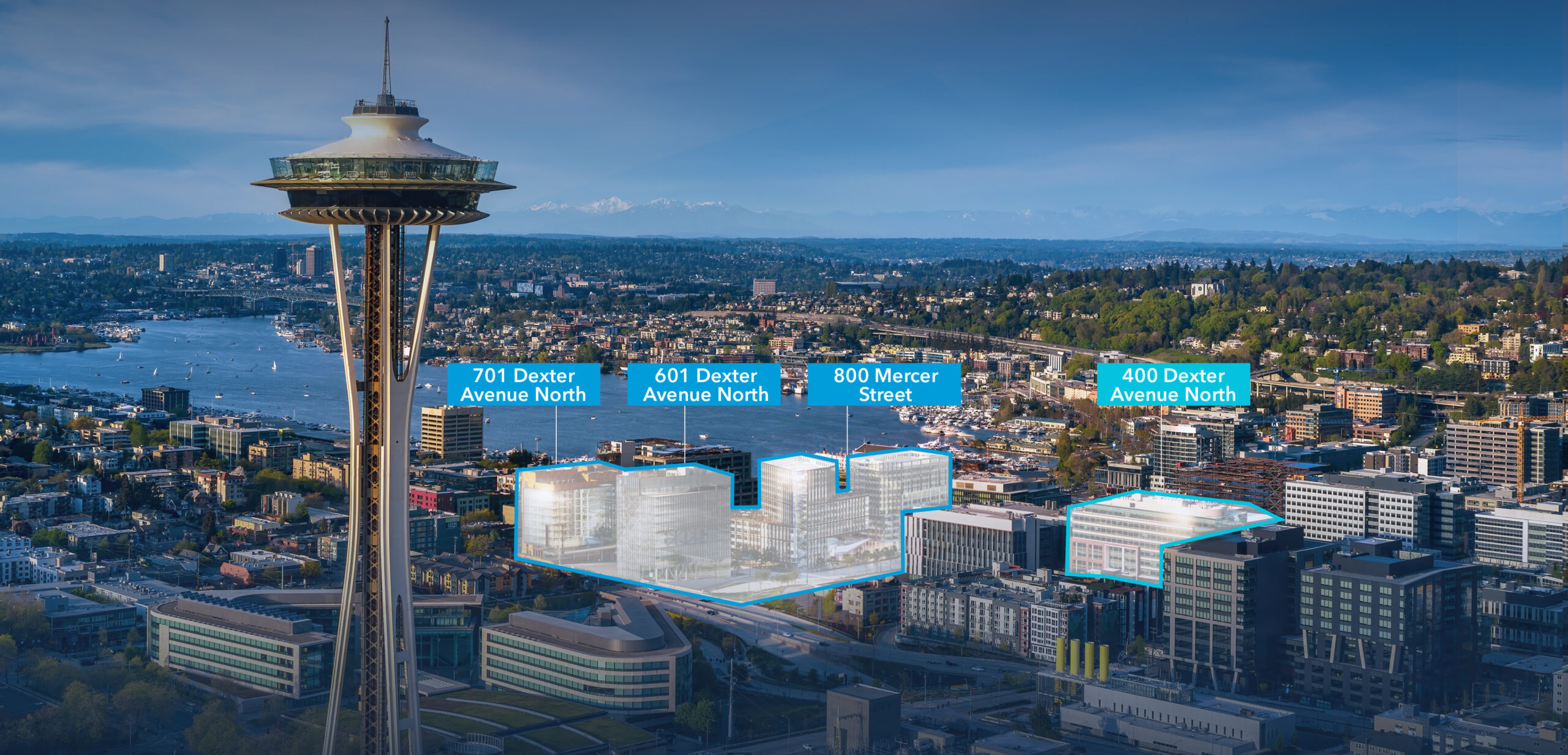
Our Innovative Heat Recovery System Powers the Life Sciences
McKinstry is the trusted design-build partner to King County and Alexandria Real Estate Equities, Inc. in one of the nation’s first large commercial projects to draw heat from the sewer as a renewable energy source for buildings. This heat-recovery system is expected to provide 70% of the heating for the Alexandria Center for Life Science — South Lake Union, a five-building, 1.6 million-square-foot mixed-use life science mega campus.
Addressing the Climate Crisis in Communities
Earlier this year, McKinstry announced several large philanthropic gifts to climate-focused organizations, rounding out our commitment to donate $1 million by 2025 to organizations addressing the climate crisis. We are proud to support the work of these wonderful organizations nationwide.
Climate-Focused Charitable Awards Recipients






